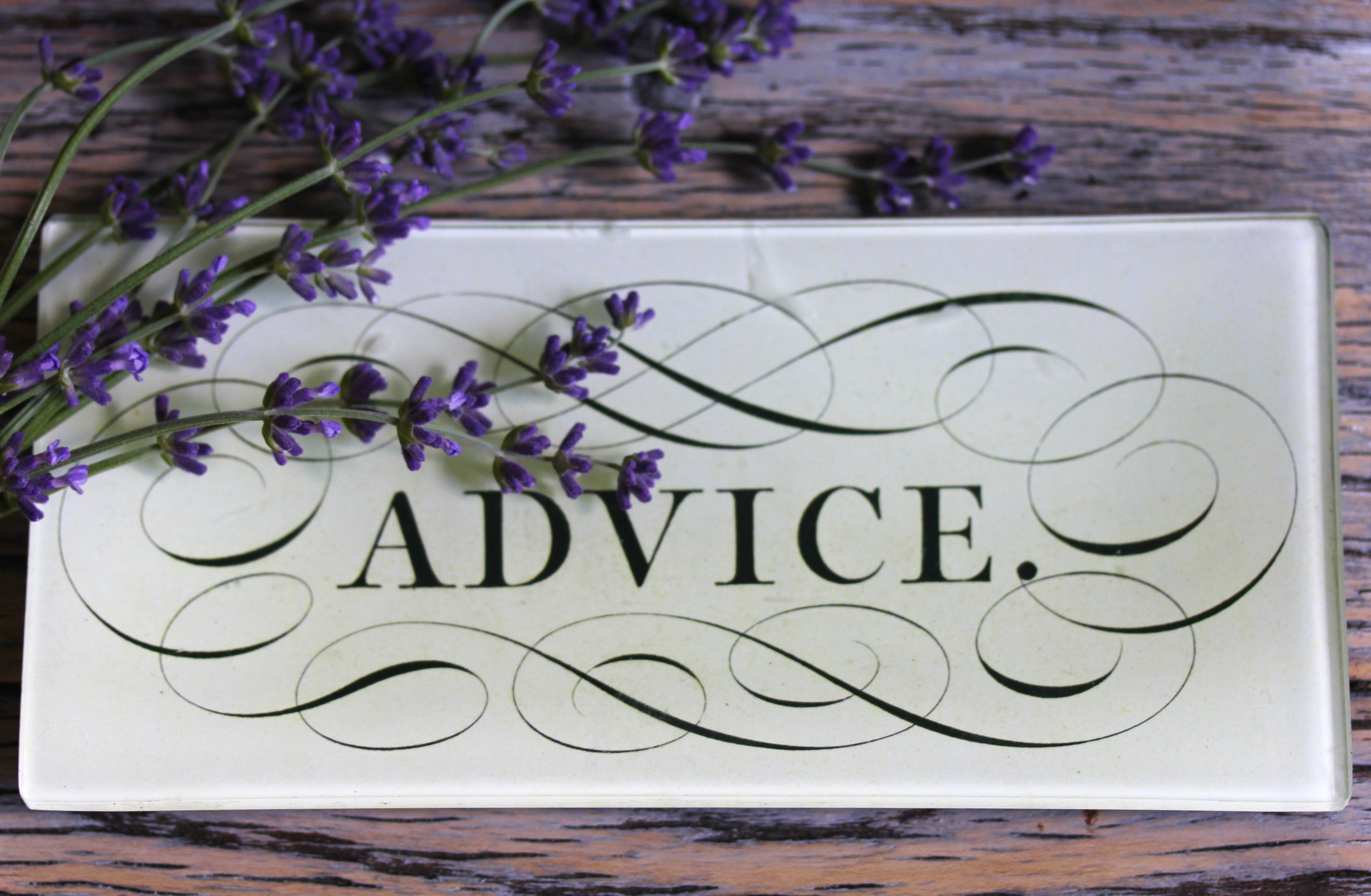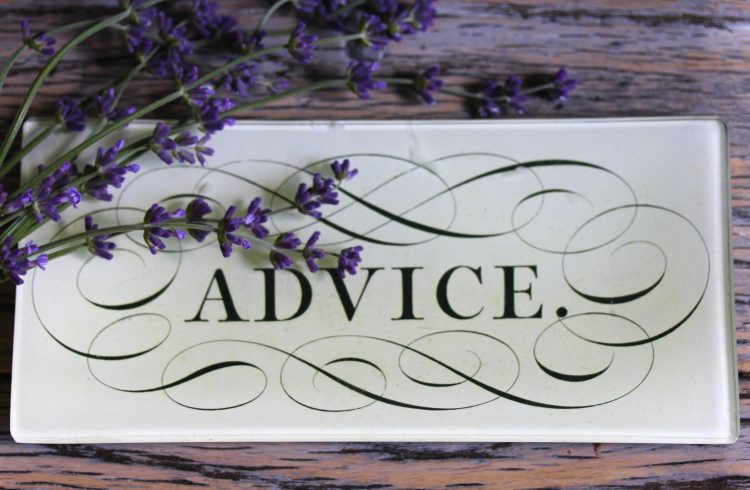
Many years ago, while out shopping with my four-year-old daughter, I ran into an elderly friend and stopped to chat. There was a large fake rubber tree that was part of a clothing display nearby, which Liddy started to climb. I tried to catch her eye to make her stop, and kept throwing her dirty looks as I tried to keep the conversation going with my friend. Liddy looked up at me and said loudly, “Why are you looking at me with fiercely eyes?” She knew I was trying to tell her something, but she didn’t know what it was, and I was busted. It reminded me of how closely kids watch and learn from us. How they behave, their manners, and their attitude toward the world, are a reflection of our own.
Manners are the thin veneer of civilization that keeps society functioning. Teaching your children to behave with kindness and gratitude will make others respond to them in kind, making their daily lives easier and less stressful. There are a few basic things that they’re never too young to see and to learn. For example:
- Let your kids see you saying ‘Please’ and ‘Thank you’ to others, at the dry cleaners or the grocery store, at the playground – and to them. Explaining the value of expressing gratitude is a conversation for a slightly older child, but the example of it and encouraging them to do it can’t begin too early.
- Use mealtimes at home to practice good table manners. (As a former social secretary, I’ve seen people’s poor table manners horrify their dinner companions. Nobody wants to sit next to someone who talks with their mouth full, spitting bits of food in our face like a barrage of artillery fire.) The first lesson for little ones: learning to sit quietly at the table, bearing in mind that there’s an inverse proportion between the age of a child and the amount of time you can expect them to sit quietly without providing other distractions. Other simple lessons to follow: using a napkin, getting comfortable with a fork and spoon, and chewing with a closed mouth.
- Speaking of distractions, it’s less stressful to alter a child’s behavior by using distraction, rather than yelling, or repeating the same words over and over. When they’re doing something you don’t want them to do, a quick intervention is not negative, it’s just a change. So instead of screaming, “Don’t pour that bowl of soup on your head!”, it’s better to quietly sweep in, take the bowl away and say “Oh no! We never use a full bowl of soup as a hat!” Beginning a correction with “We never”… as in ‘We never hit our little brother.’ gives kids a framework to see that there are some things they shouldn’t do – ever.
- One of the most difficult things for kids to learn is not to interrupt. How many people do you know who never fully learned that lesson, to their detriment? As parents, we want to be responsive to our children, but teaching them to wait their turn to demand attention is the other half of the equation. We all have times when we have to wait, whether we like it or not, and learning to recognize when to talk and when to wait to talk, helps a child build their social intelligence skills.
- Show your kids how to put themselves in other people’s shoes. If you see them taking a toy away from another child, use that moment to engage their compassion by saying “Wouldn’t you feel sad if you were playing with a toy and someone took it away from you? You don’t want to make your friend sad, do you?” Teaching empathy is a deeper lesson than just telling them to give the toy back, because it creates a context for the situation that they can feel and understand.
- This is a small act of kindness, but a metaphor for life: teach your child not to close a door in anyone’s face. It’s thoughtless and rude, but also an example of how we need to be aware of our actions and how they affect others. When they get older and can hold doors open for others, there should be no limitation on whom it’s okay to hold a door for, and whom they can ignore. It’s common courtesy to hold a door for anyone.
Good manners are part of learning to treat people well, which increases the likelihood that we will be treated well in return. It makes our daily lives more positive and less stressful – a wonderful lesson for a parent to teach a child. It’s never too early to start.




One Comment